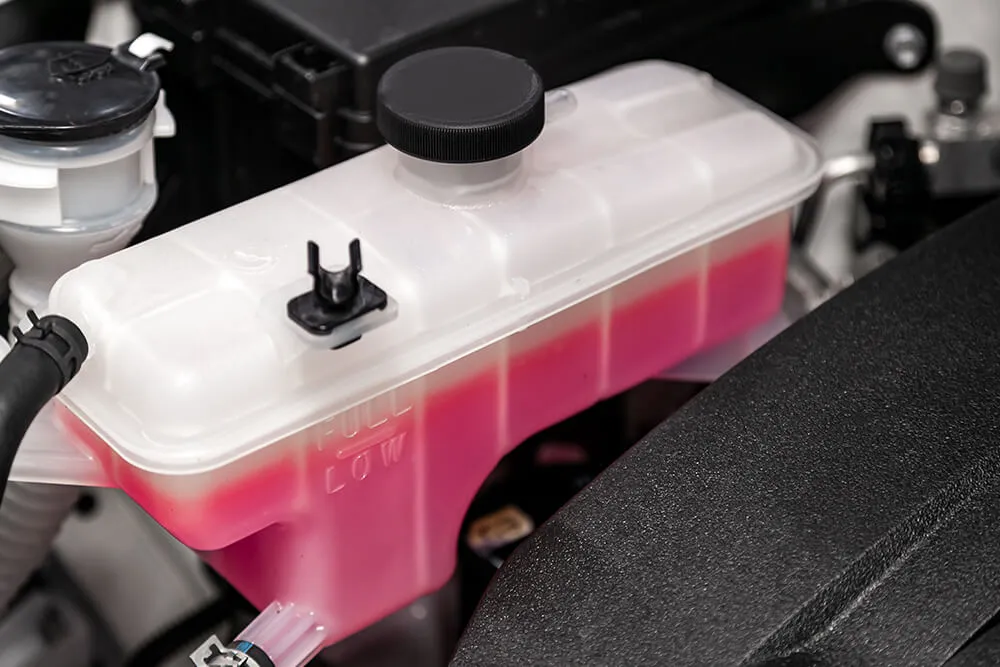Water pumps are essential components of automotive cooling systems. They circulate coolant throughout the engine and radiator. Understanding their function and importance maintains proper engine temperature and prevents overheating.
How Water Pumps Work
The engine’s crankshaft typically drives water pumps via a belt or chain. These pumps circulate coolant from the radiator through the engine block and cylinder head and back to the radiator. This continuous circulation ensures the engine maintains a consistent temperature, preventing overheating and facilitating optimal performance.
Importance Of Water Pump Functionality
Water pumps play a critical role in maintaining engine health and performance for several reasons:
Heat Dissipation: By continuously circulating coolant through the engine, water pumps facilitate the transfer of heat away from critical components, preventing overheating and potential damage.
Optimal Engine Temperature: Proper coolant circulation, controlled by the water pump, helps maintain the engine’s optimal operating temperature, ensuring efficient combustion and reducing wear and tear on engine components.
Preventing Corrosion: Stagnant coolant can lead to corrosion and buildup within the cooling system. The constant circulation provided by the water pump prevents such issues, prolonging the life of the engine and cooling system components.
Signs Of Water Pump Issues
Identifying signs of water pump problems can prevent more significant issues. Common symptoms of a failing water pump include:
Coolant Leaks: Visible coolant leaks around the water pump or underneath the vehicle may indicate a failing water pump seal or gasket.
Engine Overheating: A malfunctioning water pump may fail to circulate coolant effectively, leading to overheating.
Strange Noises: Worn bearings or impeller damage within the water pump can produce unusual noises, such as grinding or squealing, indicating potential issues.
Water pumps are indispensable components of automotive cooling systems. They circulate coolant and maintain engine temperature within optimal ranges. Understanding the function of water pumps and recognizing signs of potential issues ensures vehicle reliability and longevity. Regular inspection and maintenance of water pumps can prevent overheating-related problems and prolong the life of the engine and cooling system components.

